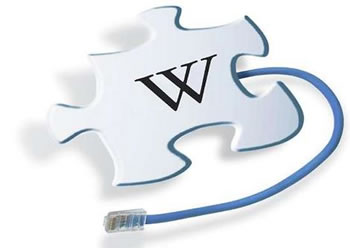
The destiny of the media at times of crisis and the internet challenges, the principals of the entirely new media culture we are witnessing, communicating with the active and interactive viewers. Invited by the Pandio University and sponsored by the Onassis Foundation, leading editors in three medias – the Spanish El Pais, the British Guardian, and the American New York Times – gather in Megaro Moussikis in Athens to discuss the above mentioned topics and by the end they all got to the conclusion that new technologies provide new and unexpected opportunities for journalism.
“During the last century, media organizations turned into colossi with billions of dollars profits, with thousands of employees, big advertising, print and other departments, which distributed newspapers. Lawmakers were regulating the media business pretty well. So well that they basically protected the media colossi from competition and made it almost impossible for new players to enter the market. This is when internet came and the media landscape changed,” says Lydia Aguirre, director of elpais.com. Internet forced the conventional media to become digital, even if at most times even they did not know what it means exactly.

“New technologies made us start dealing with new activities and to hire new people. We have integrated in social networks - we hired programmers, multimedia experts, and social networks experts. But the main reason why people visit our website is the quality, current and trustworthy journalism,” admits the director of the online “El Pais” publication. She also reminded that when the newspaper was exclusively print, 800 people were working on it. Now, when everything is digital, 500 people work on it, from whom 15% are digital experts. “We are no longer a newspaper but a news company. We understood that the most important thing that we possess is the talent of our employees and this made us go back to the core of our business, which is journalism,” concluded Lydia Aguirre.
At one point there was a big gap between journalists and their readers. Readers used to pay, in order to read what the journalists wrote and on their hand, the journalists did not care about the reader’s opinions. Of course, we had a readers opinion columns but no one paid any attention to them. This was so until blogs came along. They changed everything,” says Georgiana Henry, director of the feature Comment Is Free in the British newspaper Guardian. Even though 99% of blogs are read by those who have written them, they gave people the right to say that they do not trust conventional media. “Besides that, blogs changed big media like New York Times, the Guardian and El Pais. They made them listen and search for their own active readers,” believes Mrs. Henry.
Comment Is Free publishes over 250 comments per week, it gets updated every 30 minutes and it has over 1000 regular writers – journalists, politicians, doctors, artists. Georgiana Henry admits that it was very hard for journalists to change their way of thinking. “The print media audience is passive and strictly defined by the distribution of the newspaper. The online audience is active and without borders. Writing a piece online is only the beginning of the discussion. This makes online journalism much different than print journalism,” warns the Guardian editor. She admits that sometimes comments can be very hurtful and aggressive – always a person can be found who will know more about the subject than the author of the article. “This is not bad though. Journalists and readers should not stand across from each other but next to each other,” concluded Georgiana Henry. She also added that internet has made the newspaper business model pointless but it has given entirely new opportunities for journalists.
According to Jim Roberts, digital news editor in nytimes.com, today traditional media operate in a realm, which was unthinkable 10 years ago. He quoted the American investor Warren Buffett, who said: “I wouldn’t buy any of the newspapers in the US. They bring only losses.” “I am not sure how successful the business model of the news site will be, when it provides good information for free,” says Jim Roberts and admits that creating such a website is very different than just uploading a newspaper online.